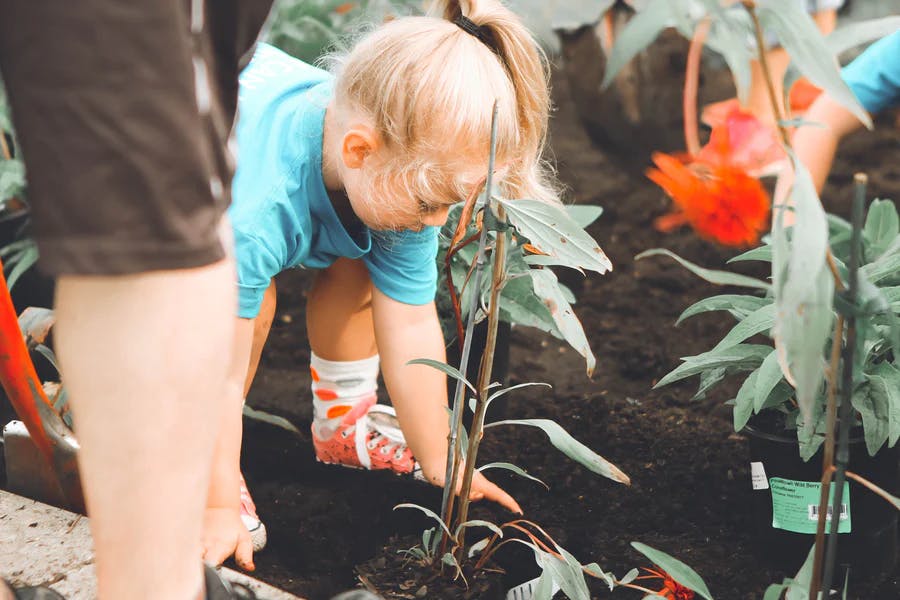4 Ways to Include Kids in the Giving Process at Home
By Keely Gregg in Blog
August 02, 2021 11:30
Combatting The Age-Old “Gimme More” Mentality
How many parents think their children are too focused on what they are getting for themselves instead of what they can give to others? “Can you share?” is a common refrain heard in households with kids, and many parents find themselves resorting to cajoling their children to share or take turns playing with toys. Throughout the year, and especially during the holidays, parents often express concerns about instilling a sense of generosity in their children and teaching them to feel good about giving to others.
As some kids are not the most charitable of human beings, it is vital for parents to introduce charity -- not just as a noun, but as a verb -- at an early age. For other kids, they may want to help but just don’t know how to make a difference. The simple act of giving allows children to understand that there is a world beyond just themselves and that they can play a much bigger role in influencing the community around them, while learning valuable skills like generosity, kindness, and empathy.
Developing A Giving Mindset With Kids… At Home
Engaging kids in charity can take many forms. Bringing your children to volunteer at a foodbank, a beach sweep, or putting a dollar in the collection plate during religious service are just a few scenarios, but these types of activities can be logistically challenging for young children, especially during a global pandemic. Finding ways to involve them in the giving process at home can be the first step in creating a “giving mindset”.
Here are a few techniques to develop your child’s giving mindset at home:
Show the tangible impact of giving
- If your child loves animals, spend time together volunteering at your local animal shelter or adopt a rescue pet if you are looking to add a furry friend to your family.
- Younger kids may find giving confusing if they don’t feel or see an immediate impact. Giving food to the local shelter may help them understand when they can see the people (or animals) they are helping.
- Like any person, kids will be more attuned to generosity when they are doing something for a cause they care about.
Let them know when you perform acts of kindness
- Children are oftentimes unaware when their parents make a donation or run an errand for a neighbor in need.
- Have them assist with addressing and mailing the check for the charity or come with you on that errand.
- ay the thank you note from the charity on the fridge at their height.
- Talk to them about how it made you feel when you were able to help someone in need.
- Become a role model for them by leading by example.
Ask them to help you give back
- Allowing kids to experience first-hand what it feels like to give their time to a cause is a great way to develop the giving mindset early on.
- Often, spending quality time with your kids while doing something good is the highlight of their day.
- Include your kids in decisions about how the family gives. Ask for their input and align donations with their interests.
Incentivize giving with meaningful interactions
- Reward your children when they give a portion of their allowance to a charity of their choice. Match the donation to double their impact.
- Do a “my first donation” social media post encouraging people to match your child’s efforts.
- Praise your kids when they show charitable impulses, like helping their sibling find a lost toy.
This isn’t even the tip of the iceberg, but cultivating charity in kids at a young age benefits us all. Acknowledging the good your children do in their day-to-day helps nurture their giving mindset so that it comes more naturally over time.
To paraphrase the great poet philosopher Whitney Houston:
"I believe the children are our future. Teach them well and let them lead the way”

